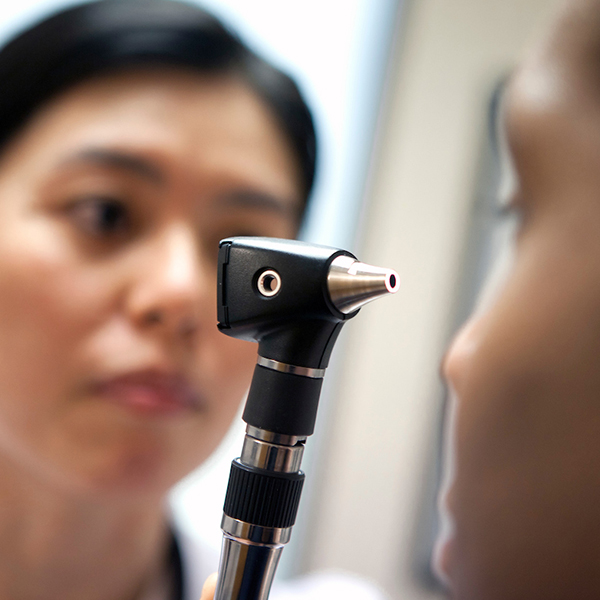Anxiety
Overview and Facts about Anxiety
Anxiety is a normal emotion that everyone experiences in life; however, when a person experiences disproportionate levels of anxiety, it might become a medical disorder.
Anxiety goes beyond just general worry. It alters how you process emotions and behave, and can cause physical symptoms.
There are a few different types of anxiety, but the most common forms are:
- Generalized anxiety disorder
- Social anxiety disorder
- Specific phobias, such as agoraphobia (the fear of leaving the home)
- Panic disorder
Nearly one-third of adults in the United States experience clinical anxiety at some point in their lives.
Signs and Symptoms of Anxiety
The typical signs and symptoms of anxiety that distinguish the condition from normal worry are:
- Avoiding things that may trigger anxiety
- Continual feelings of nervousness and restlessness or feeling tense
- Difficulty concentrating, or not having the ability to focus on anything besides the present worry
- Difficulty falling asleep and staying asleep
- Feelings of impending danger or certain doom
- Hyperventilation, which is when a person breathes rapidly
- Upset stomach or another gastrointestinal issue
It is important to know that your anxiety symptoms can differ completely from others.
Causes and Risk Factors of Anxiety
Doctors are not sure of the exact cause for anxiety, but most believe it involves a combination of genetic and environmental factors along with brain chemistry.
Certain life situations can also trigger anxiety, including:
- A stressful work environment
- Family issues
- Financial problems
- Turmoil in relationships
Tests and Diagnosis of Anxiety
There is no single test that can definitively diagnose this psychiatric condition. Diagnosing anxiety is a long process that involves physical examinations, mental health evaluations and psychological questionnaires.
A doctor may order blood and urine tests to rule out any other medical condition that could cause the physical symptoms that accompany anxiety.
Treatment and Care of Anxiety
Choosing the right treatment for anxiety depends on how much the condition is affecting your ability to live a normal life.
The two main treatments for generalized anxiety disorder are psychotherapy and medications, and the best treatment often involves a combination of both.
Psychotherapy, also known as talk therapy, involves working with a therapist to address your anxiety symptoms. During therapy, you will learn skills to directly manage your worries, and gradually return to those activities you have avoided because of the condition. Symptoms improve as you go through therapy.
Medication can also be prescribed to treat anxiety. The medications used to treat this condition can include:
- Antidepressants
- Benzodiazepines
- Buspirone
Doctors often recommend lifestyle changes to help reduce anxiety, which can include:
- Avoiding caffeine
- Eating a healthy diet and exercising
- Getting enough sleep
- Meditating
- Quitting smoking and avoiding alcohol

Request an Appointment
Our primary care physicians care for the overall health of the whole family, providing checkups and routine medical exams. We’ve made it easy to see a Loyola Medicine primary care provider with a variety of appointment options.
Immediate Care Virtual Visits now available!
Schedule a Telehealth Appointment
